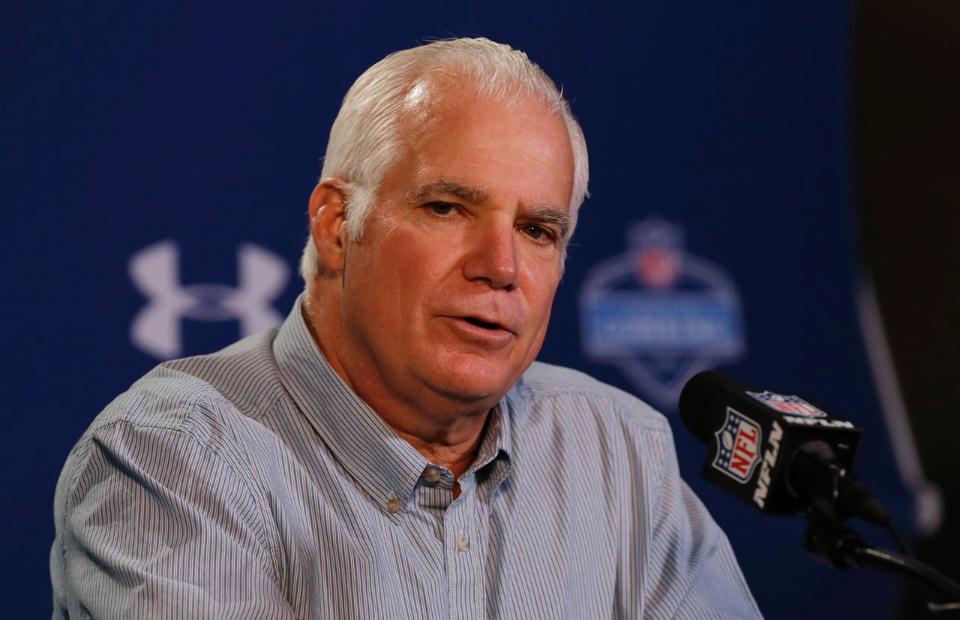
SAGER SAYS…
The high expectations of the Falcons’ 2013 season were distant in the rearview mirror when the team ended the season at home, sitting in the basement of the NFC South. Unlike 2012 when the team was playing for a spot in the Super Bowl, the season was ending with the trivial goal of sending Tony Gonzalez out with a win in his last NFL game. Atlanta failed to get it done for Tony and came up one point short in its 21-20 loss to the Panthers. Atlanta ended its last two possessions with consecutive sacks, a costly first-down fumble and a false start and saw another game slip away because they could not close out either of the two halves.
Atlanta ranked last in second-quarter defense in the NFL last season with 10.6 points allowed per game. Carolina scored 14 of its 21 points in the second quarter that final game. In comparison, the Falcons allowed just 6.4 points per game in the second quarter in 2012. The dropoff seen last year equated to a 58.8 point difference over the span of the season for a single quarter that the Falcons had to overcome.
Football is a game fueled by confidence and a poor second quarter is enough to deflate a team’s swagger heading into the locker room. As a result, the struggles often continued into the third quarter for the Falcons last year. Atlanta’s offense managed just 3.5 points per game in the third quarter. This team is built to be explosive and it depends on an uptempo pace, momentum shifting plays and longdrives that keep the defense off the field. Most importantly, in previous seasons not plagued by injuries, the Falcons had a confidence and ability to win close games because Gonzalez, Roddy White, Julio Jones and company each knew that individually they were capable of making a play if it came their way and they recognized that any of the other targets were talented enough to make the play if it went to them.
Following the game, I walked into the Falcons’ locker room and press conference. Unlike the previous season, this time the disappointment did not stem from how close they had come to the ultimate goal, but by how far away they had gone from it.
In the postgame press conference I asked coach Mike Smith if it was possible for this team to restore its confidence before the start of next season or if it would take kicking off next year to begin that process. I also mentioned the saying ‘time heals all wounds’ and asked Smitty if that was something he believed in following a 4-12 season. His answer was simple, “No.” and then after he took a brief pause he added,“Time does not heal all wounds.”
I had to agree with what Smith said. Time is not the cure to these types of “wounds”. Atlanta sports fans especially are aware of this as the passing of time seemingly does the opposite of healing. There is a long list of heart-breaking losses and frustrations that we [sports fans] are reminded of each time a new season ends in disappointment. The “wounds” get deeper with this frustrating pattern. Winning, not time is the cure.
SPRING IS IN THE AIR …
Ignore this past week’s freezing temperatures because spring is actually here. Across the country football programs have started spring practices and we are just a couple weeks from seeing the nation’s top programs pack their stadiums for the festive tradition of the spring scrimmage.
Spring practice is a time when new coaches teach their methods and introduce how practices are going to be run throughout the season. As a player, a newcomer can make a statement in spring practice and move his way up the depth chart, but ultimately summer camp is still going to be the deciding factor. With this truth, there is a lot less pressure during this time. The playbook is not the focus and instead coaches often experiment to see who is a fast learner and which guys are naturals at the position.






















































